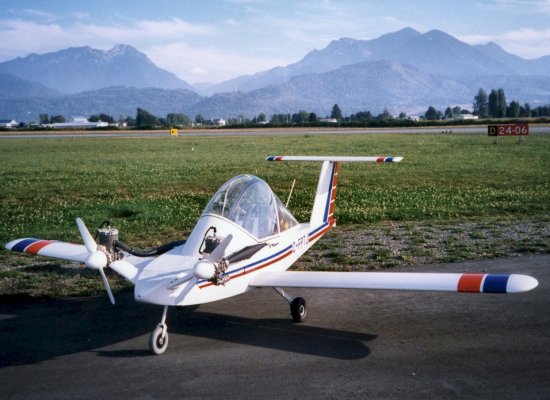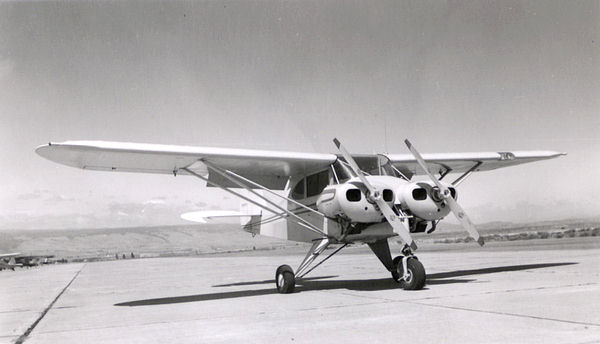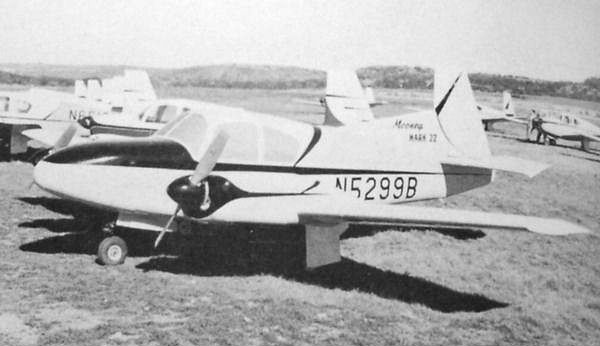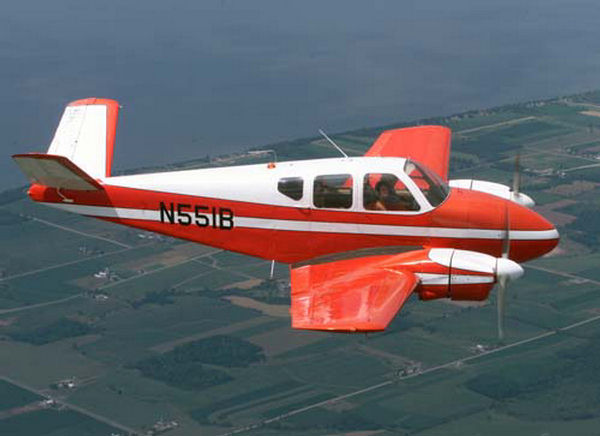PoppaJimmy
Pre-Flight
Hi folks,
Just out of curiosity, what is the smallest and/or cheapest to purchase piston twin? For those who I know will ask, I'm thinking in terms of a time builder until I'm ready to purchase a larger twin in 2-3 years (I love twins). I have just under 300 total hours, with 120 in twins. Have private single, multi and instrument ratings.
I started another thread about which twin is best for my ultimate mission and got some good feedback. This is not about that. Also understand there are many arguments about twins vs singles.
For this thread I'm just interested in opinions about starter twins (is that a concept?) or maybe I should say time builders that don't cost as much as a Baron, Duke or 421. Thanks
Be Well,
Jimmy
Just out of curiosity, what is the smallest and/or cheapest to purchase piston twin? For those who I know will ask, I'm thinking in terms of a time builder until I'm ready to purchase a larger twin in 2-3 years (I love twins). I have just under 300 total hours, with 120 in twins. Have private single, multi and instrument ratings.
I started another thread about which twin is best for my ultimate mission and got some good feedback. This is not about that. Also understand there are many arguments about twins vs singles.
For this thread I'm just interested in opinions about starter twins (is that a concept?) or maybe I should say time builders that don't cost as much as a Baron, Duke or 421. Thanks
Be Well,
Jimmy
Last edited:







